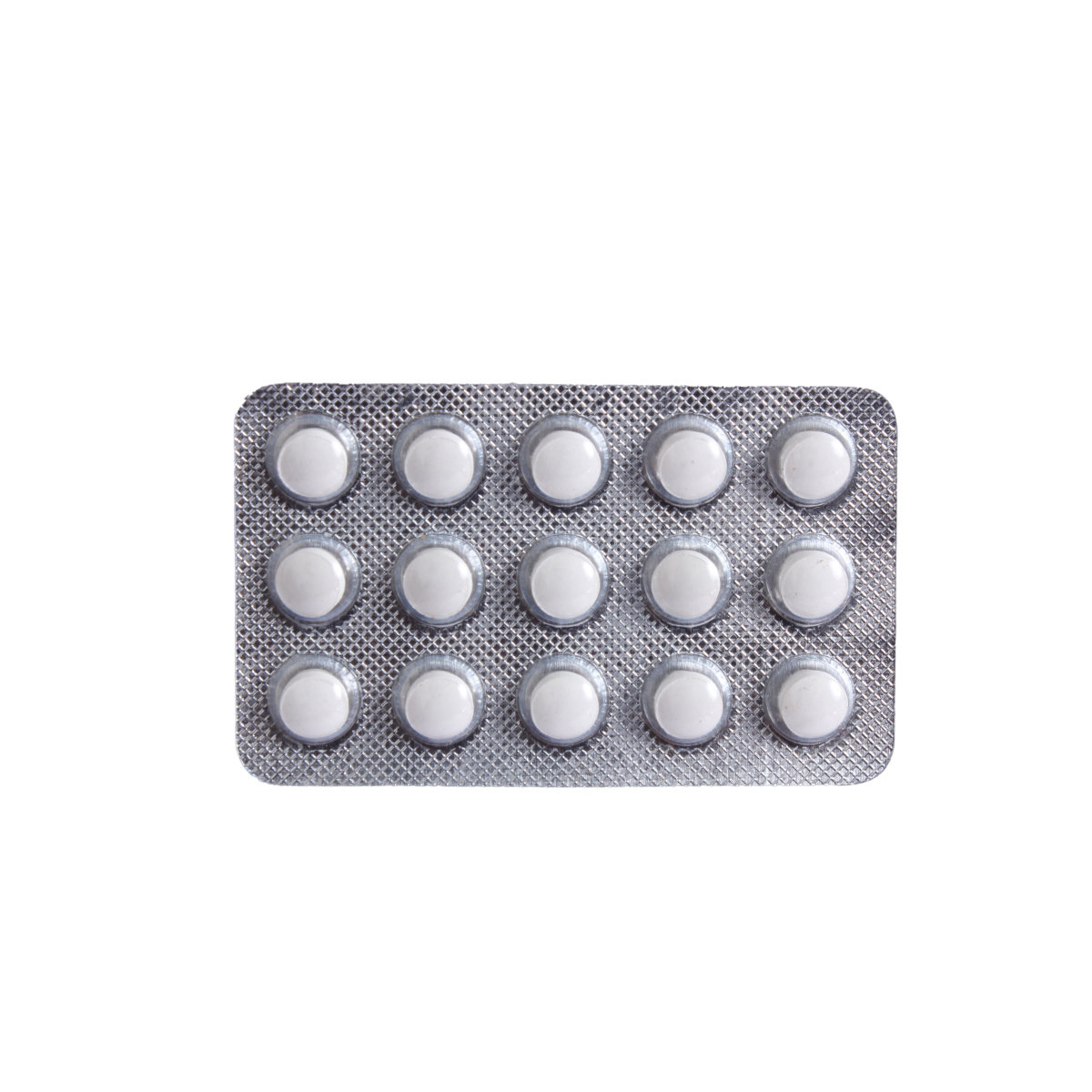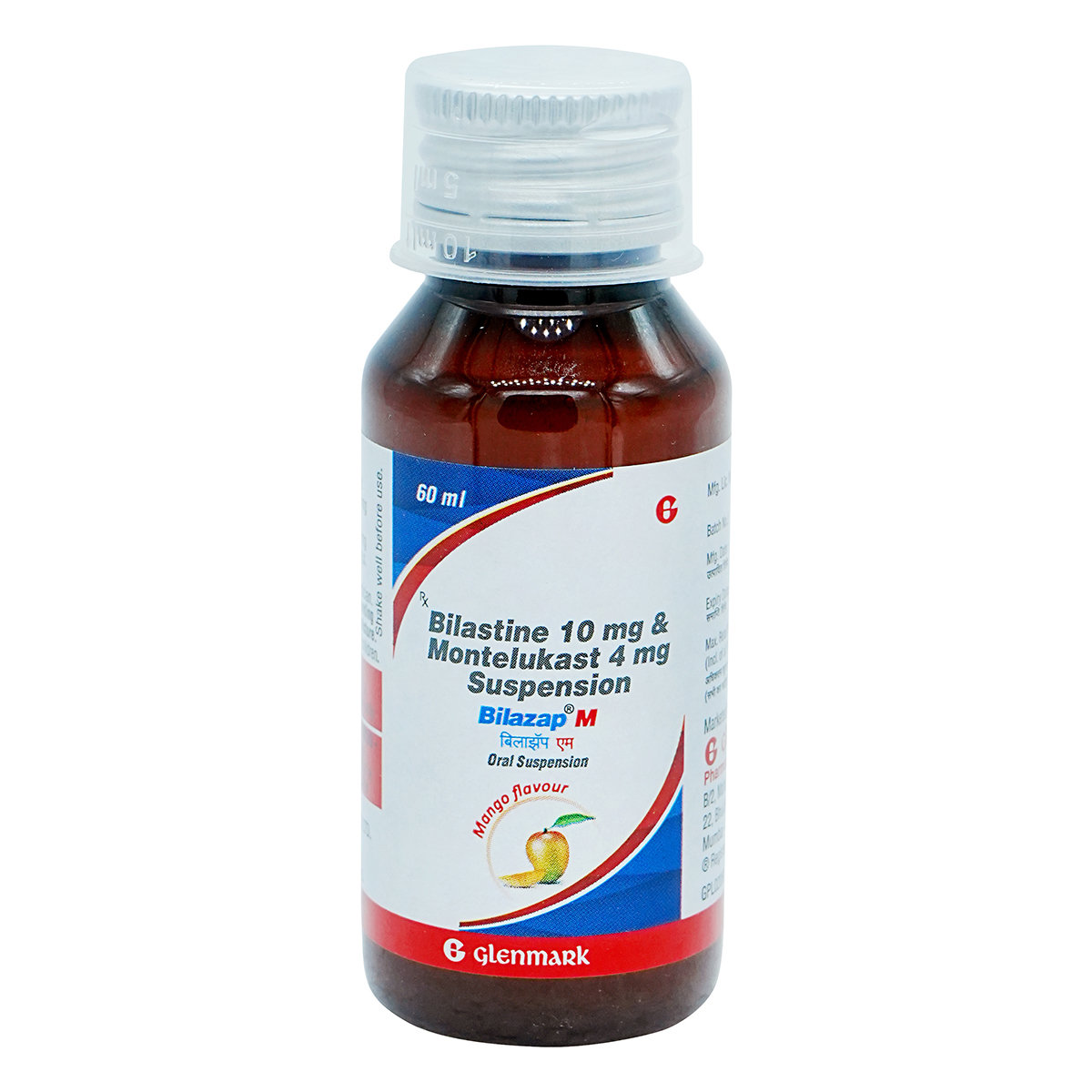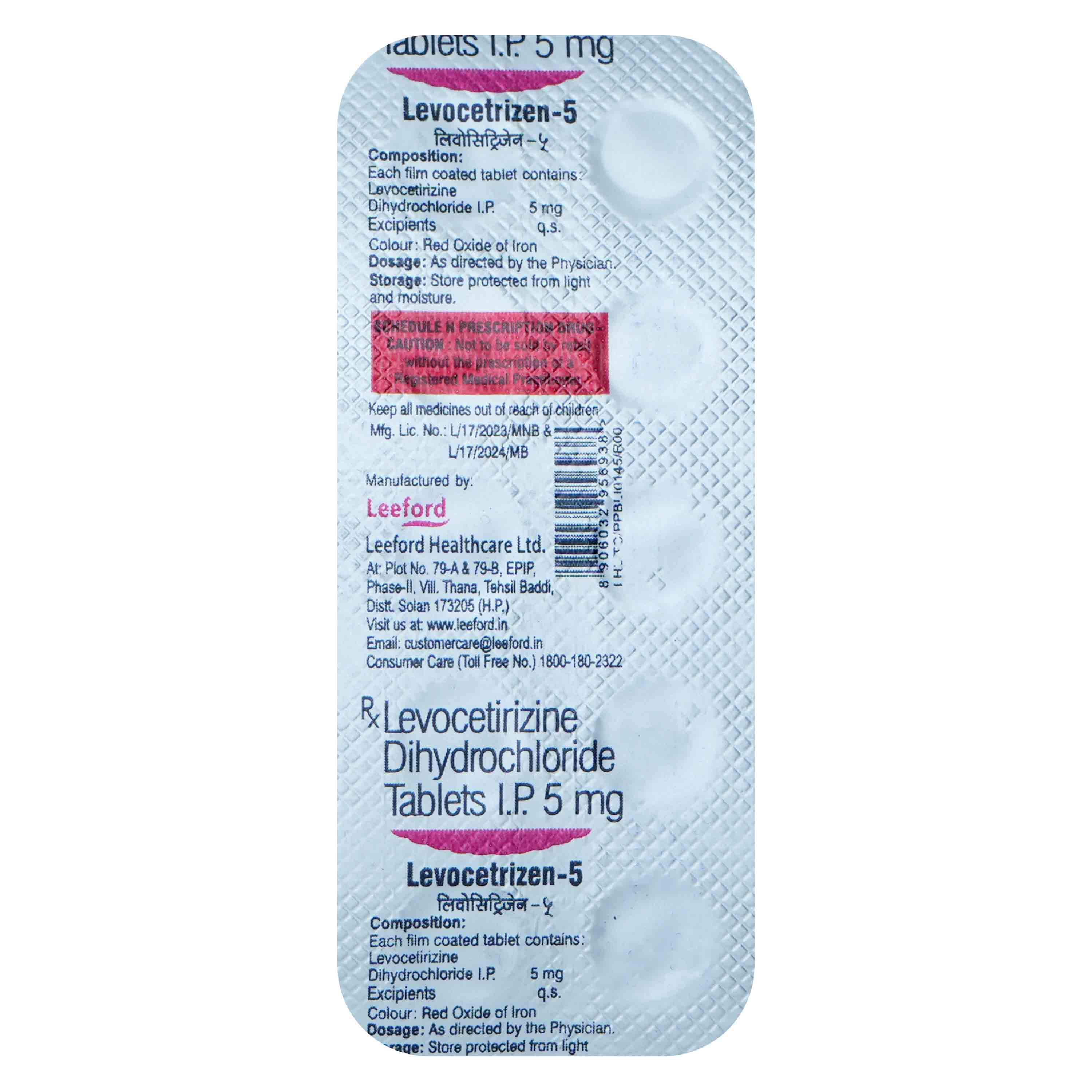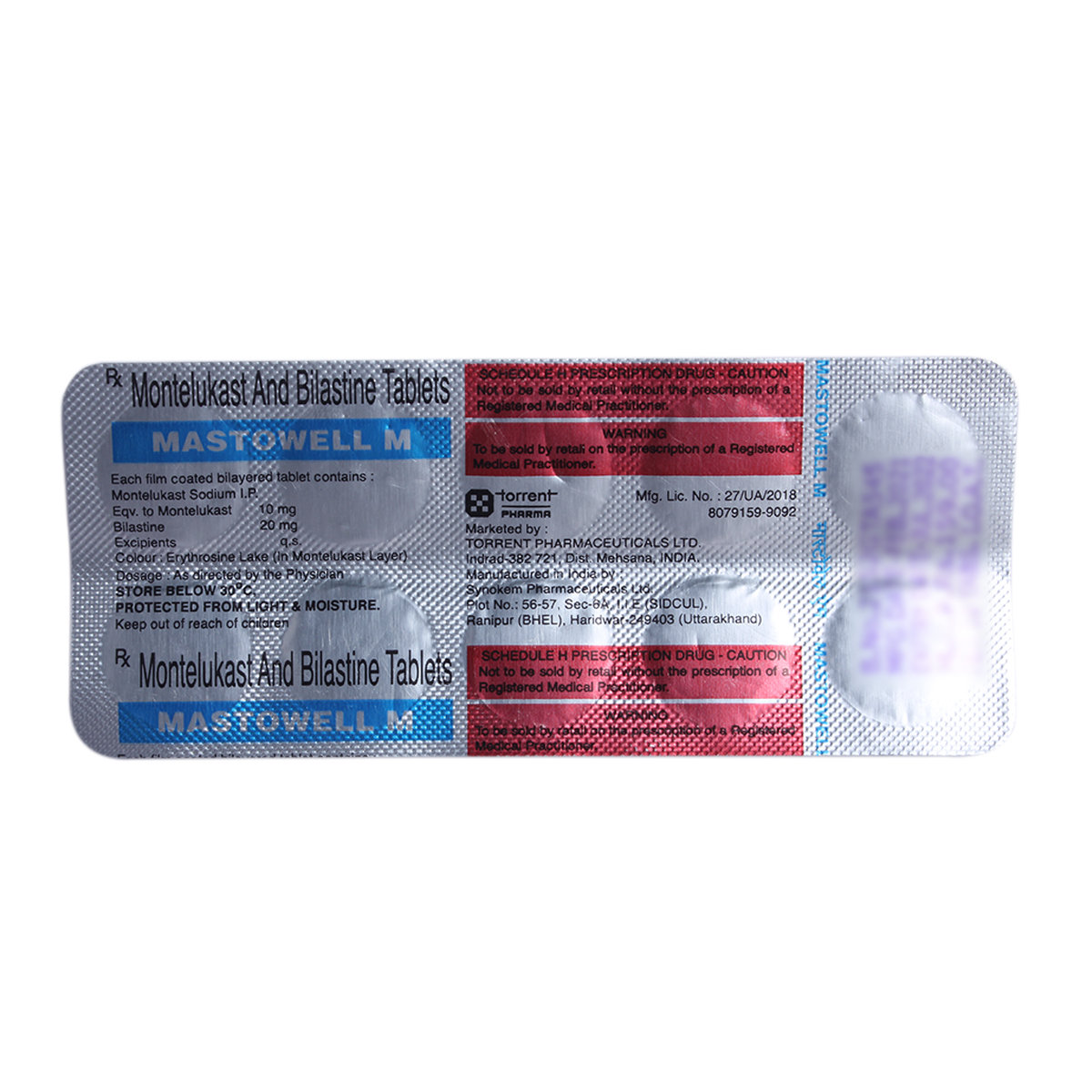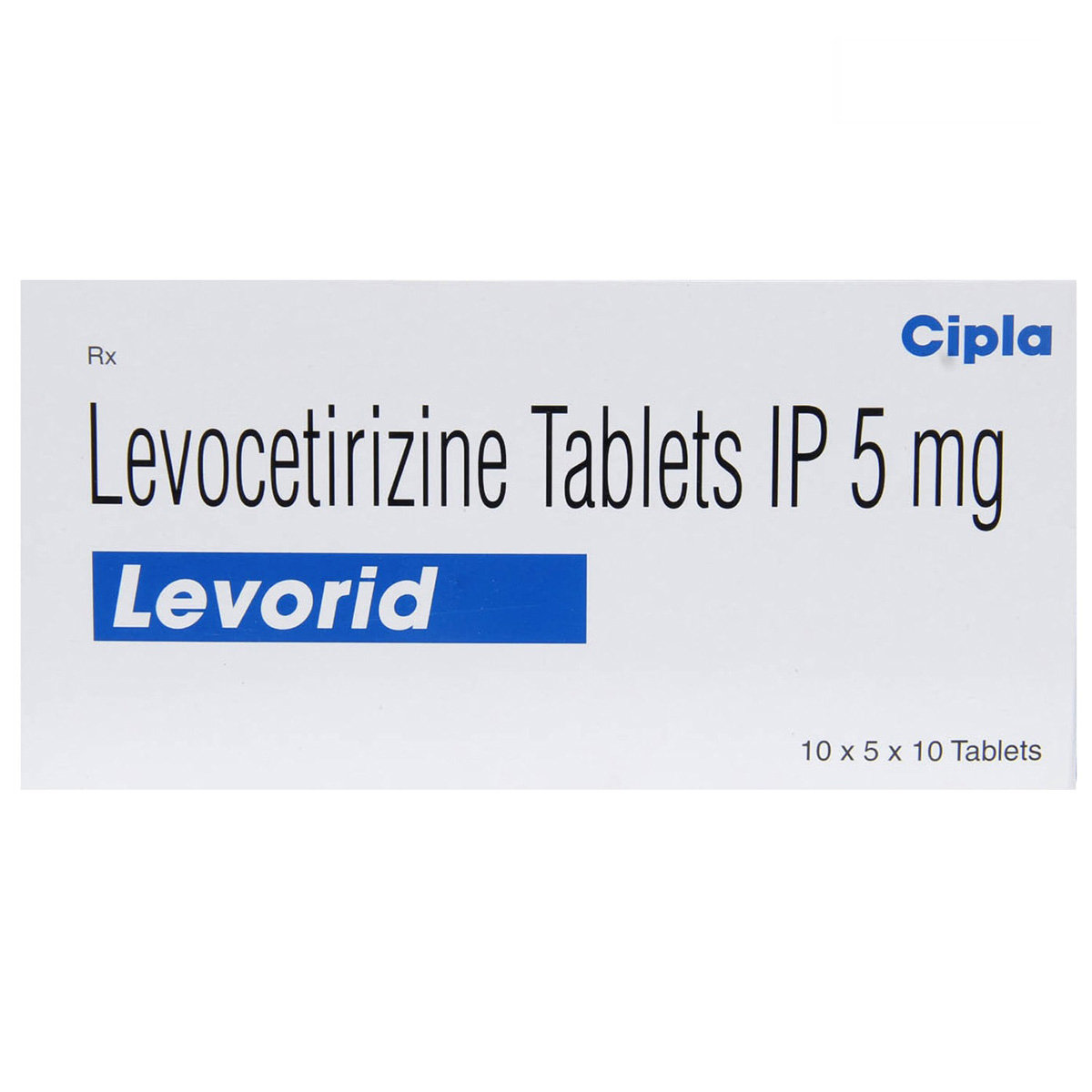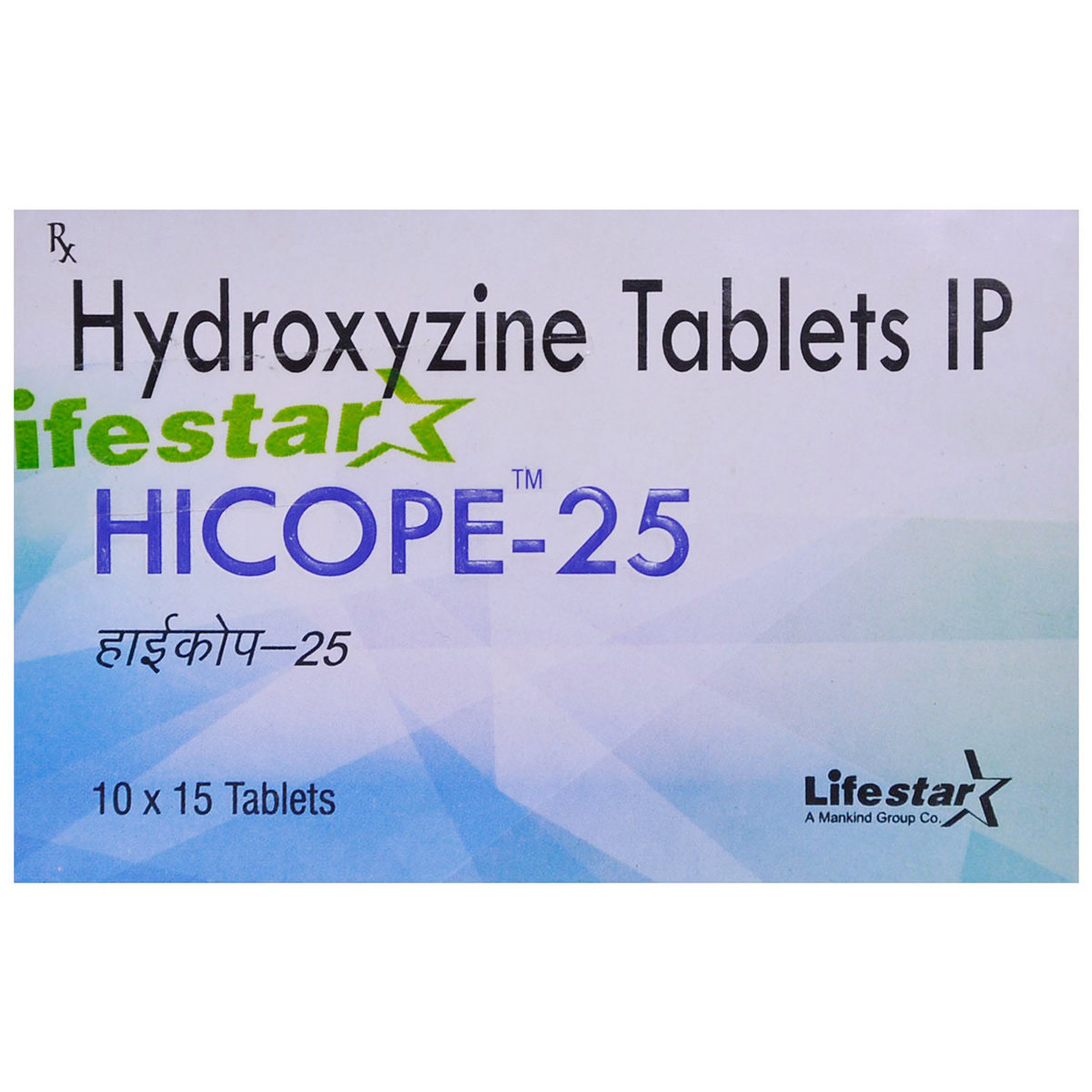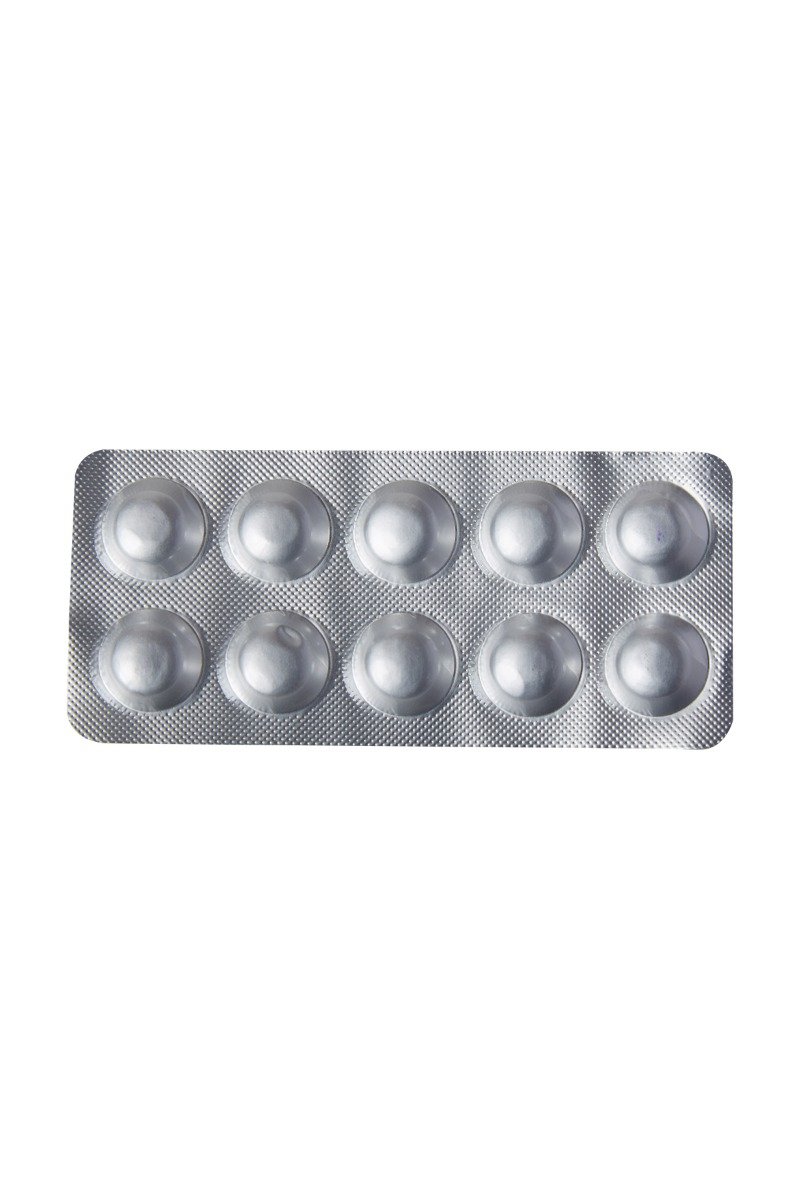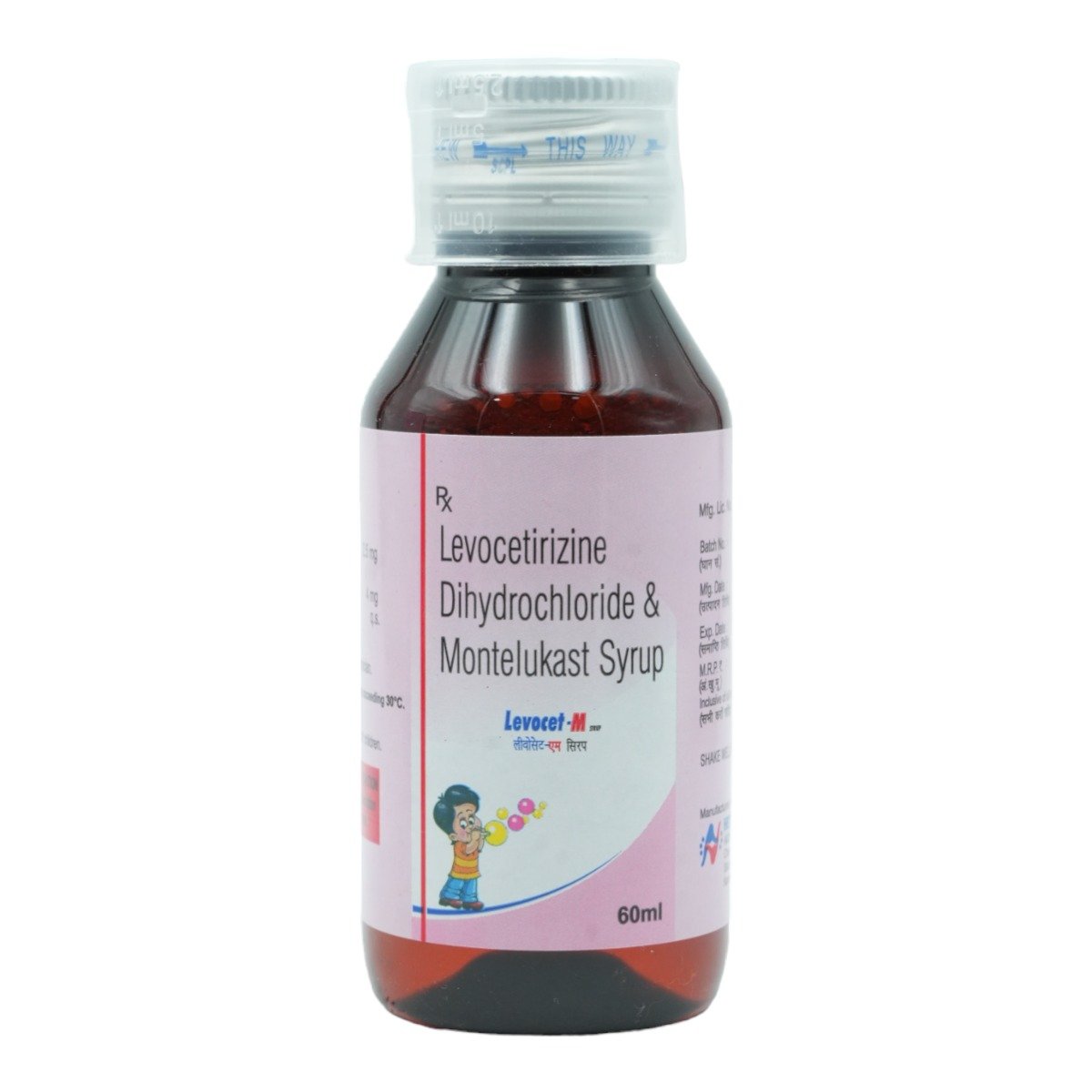- Home
- Health Condition
Medicine For Sinus Cold
Medicine For Sinus Cold
- Total Items (2189)
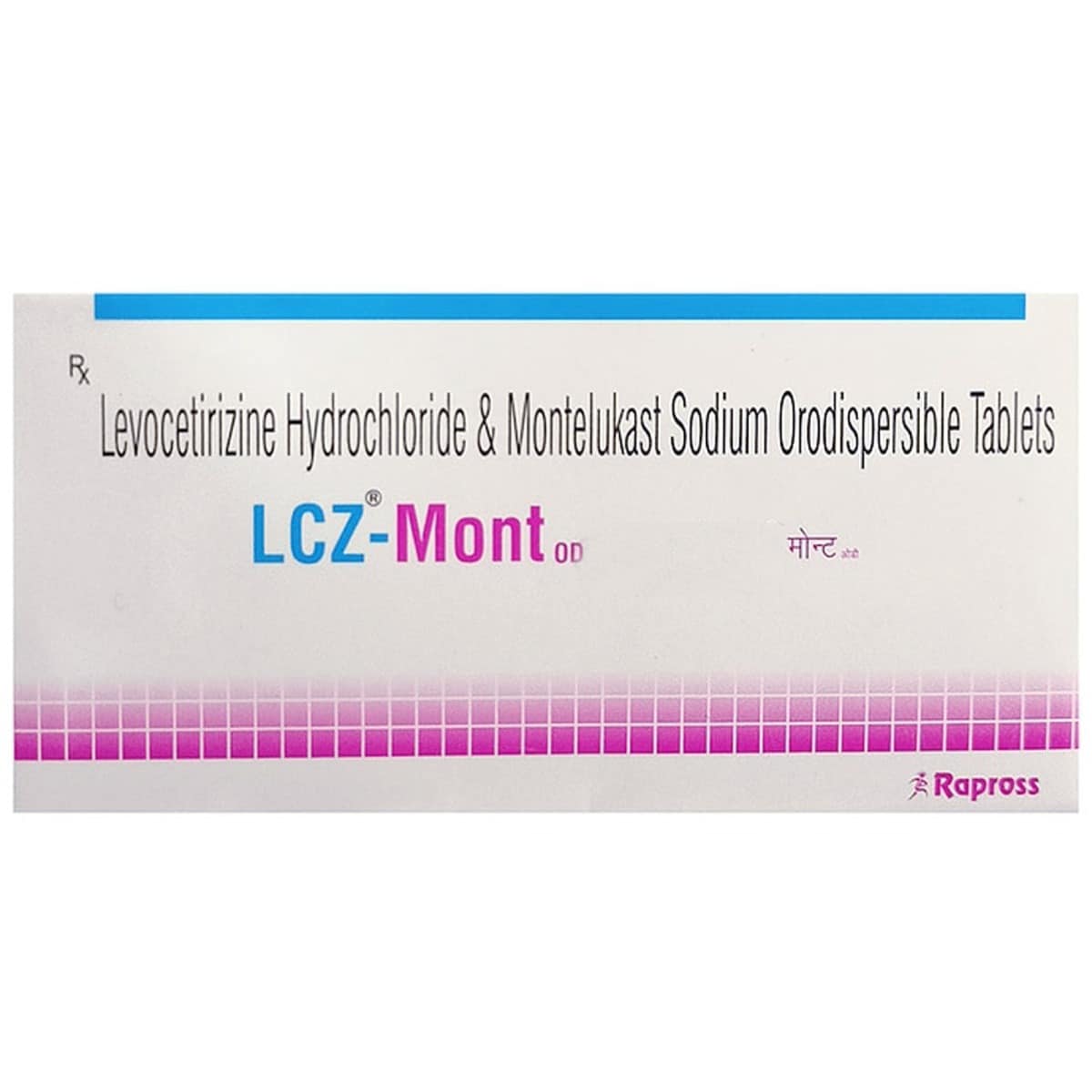 RX
RXLCZ-Mont OD Tablet 10's
₹224.50
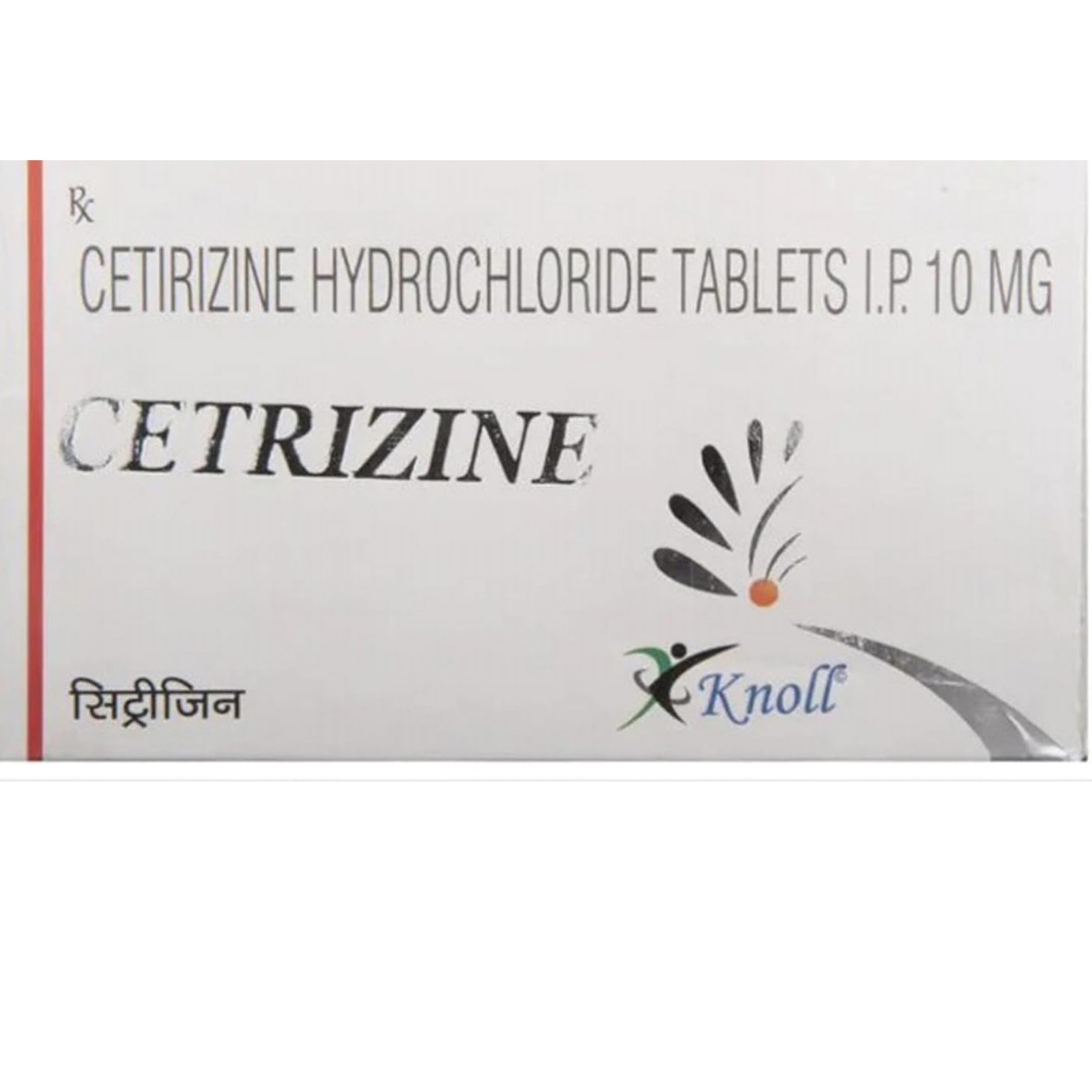 RX
RXCetrizine 10 mg Tablet 10's
₹14.70
MRP ₹19.50
25% off
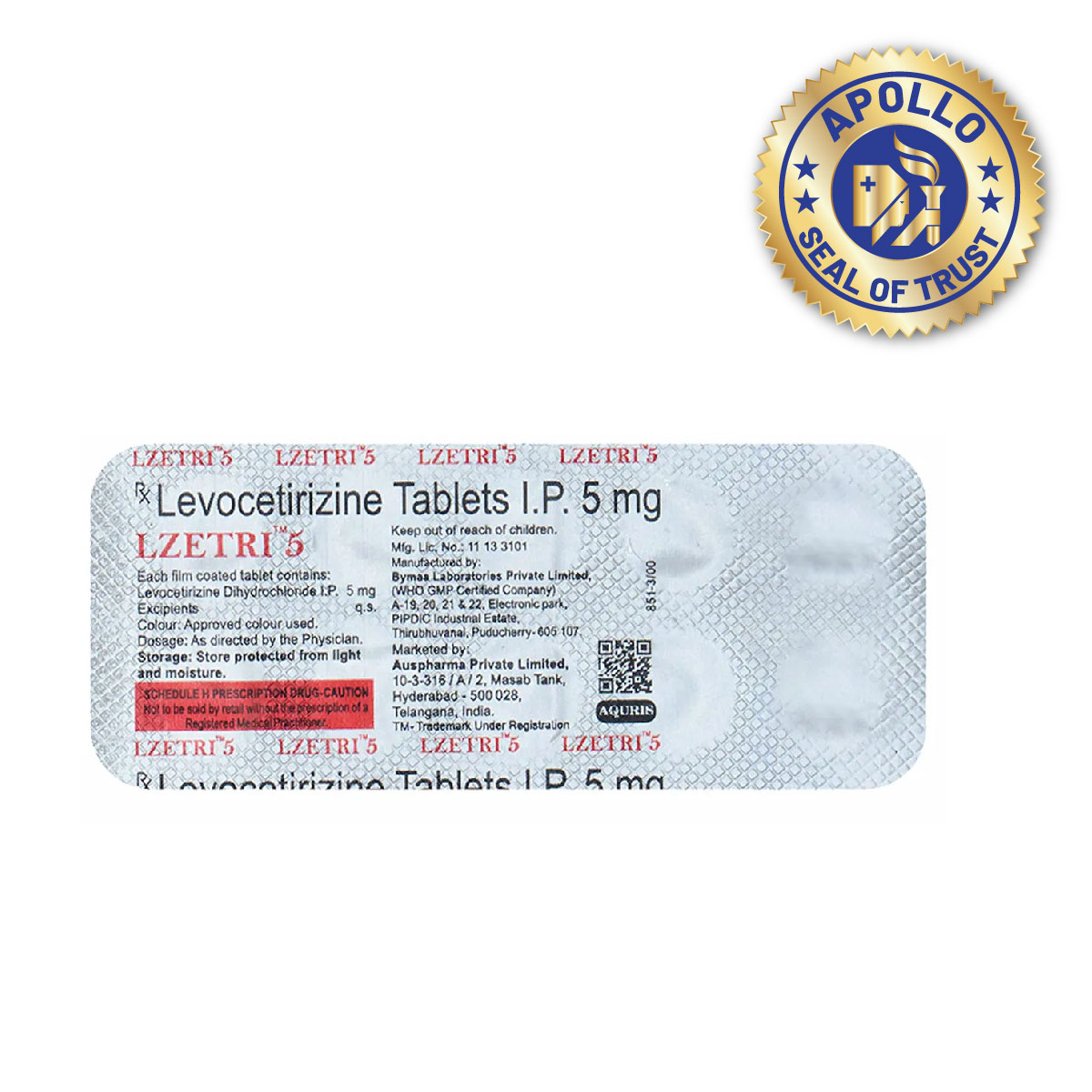 RX
RXLzetri 5 Tablet 10's
₹33.80
MRP ₹45
25% off
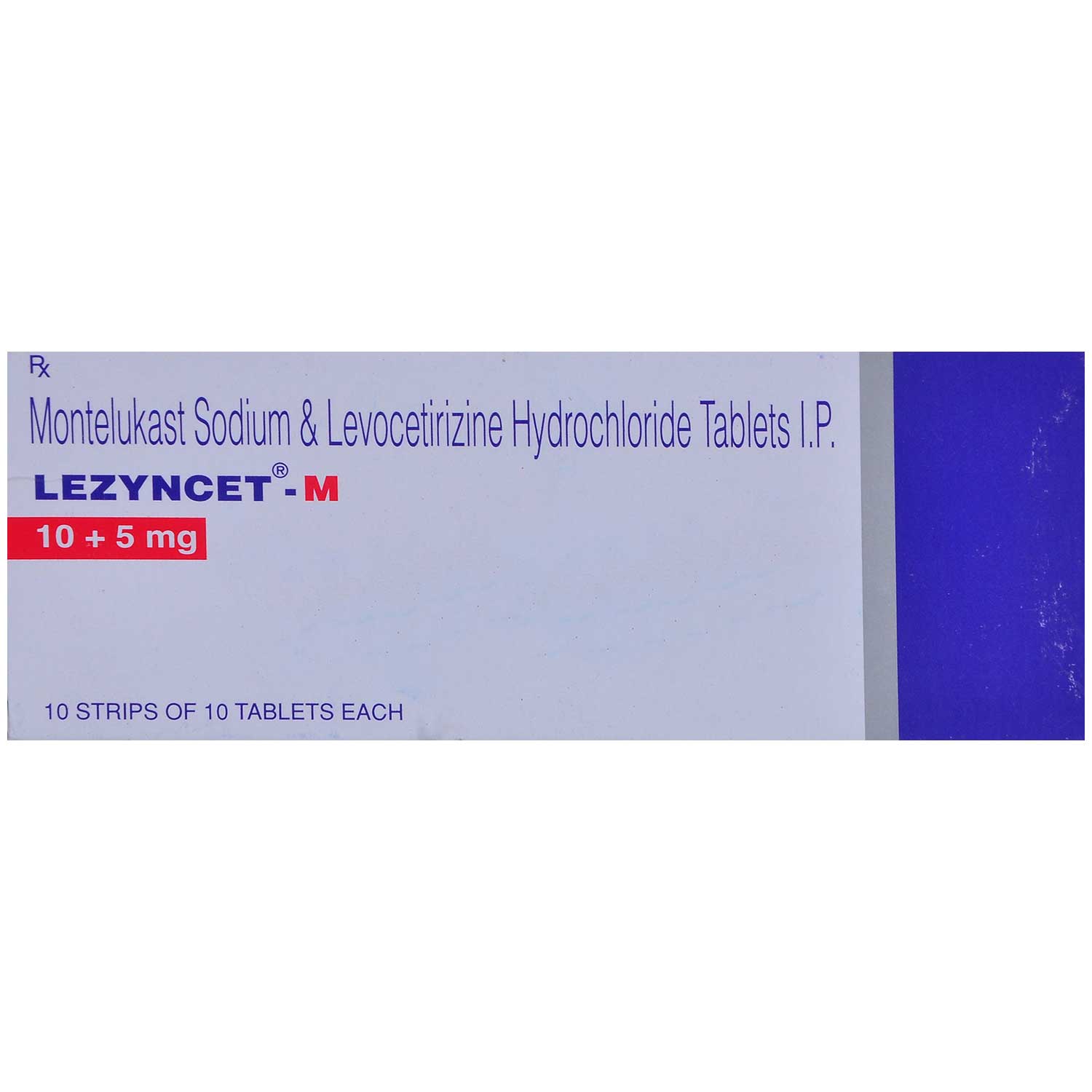 RX
RXLezyncet-M Tablet 10's
₹142.50
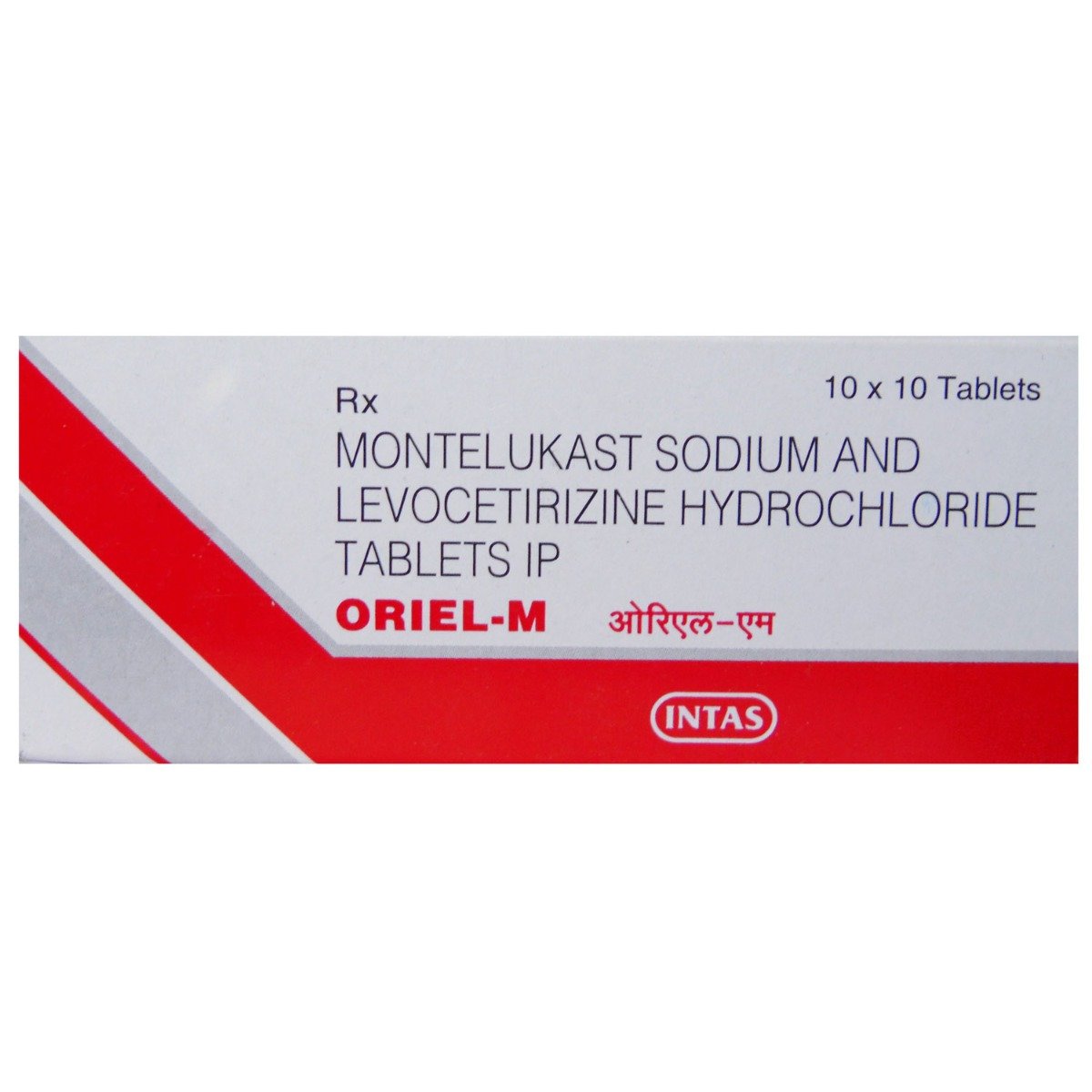 RX
RXOriel M Tablet 10's
₹152.50
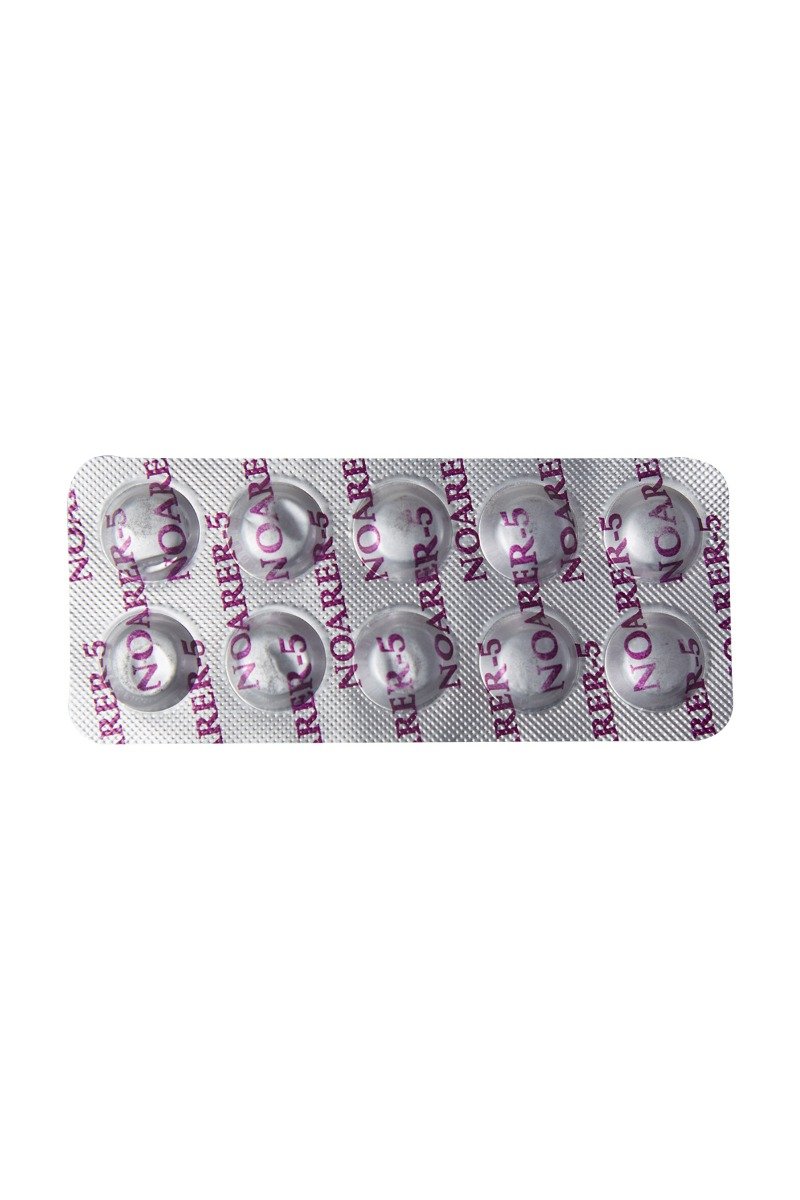 RX
RXNoarer 5 Tablet 10's
₹90.50
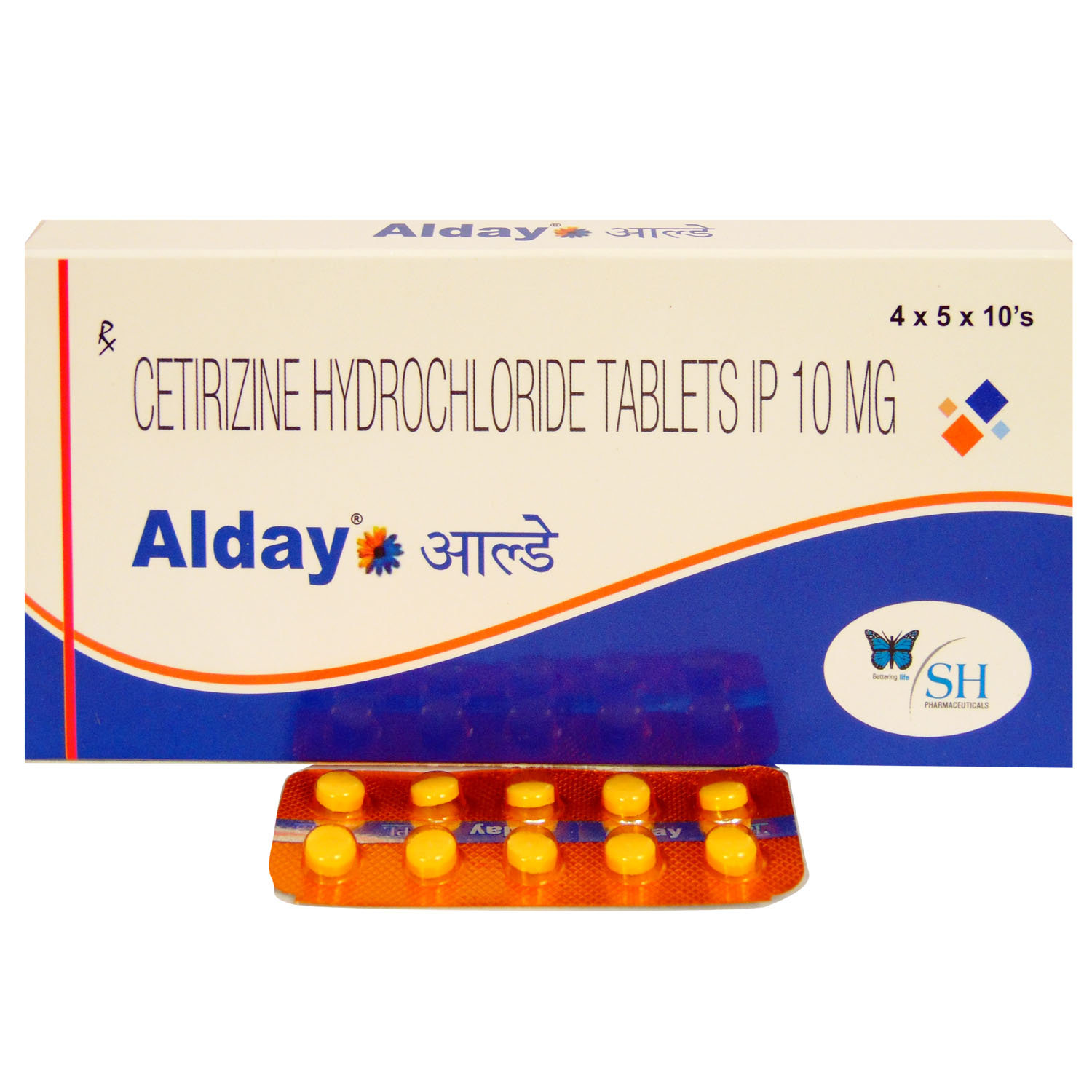 RX
RXAlday Tablet 10's
₹19.50
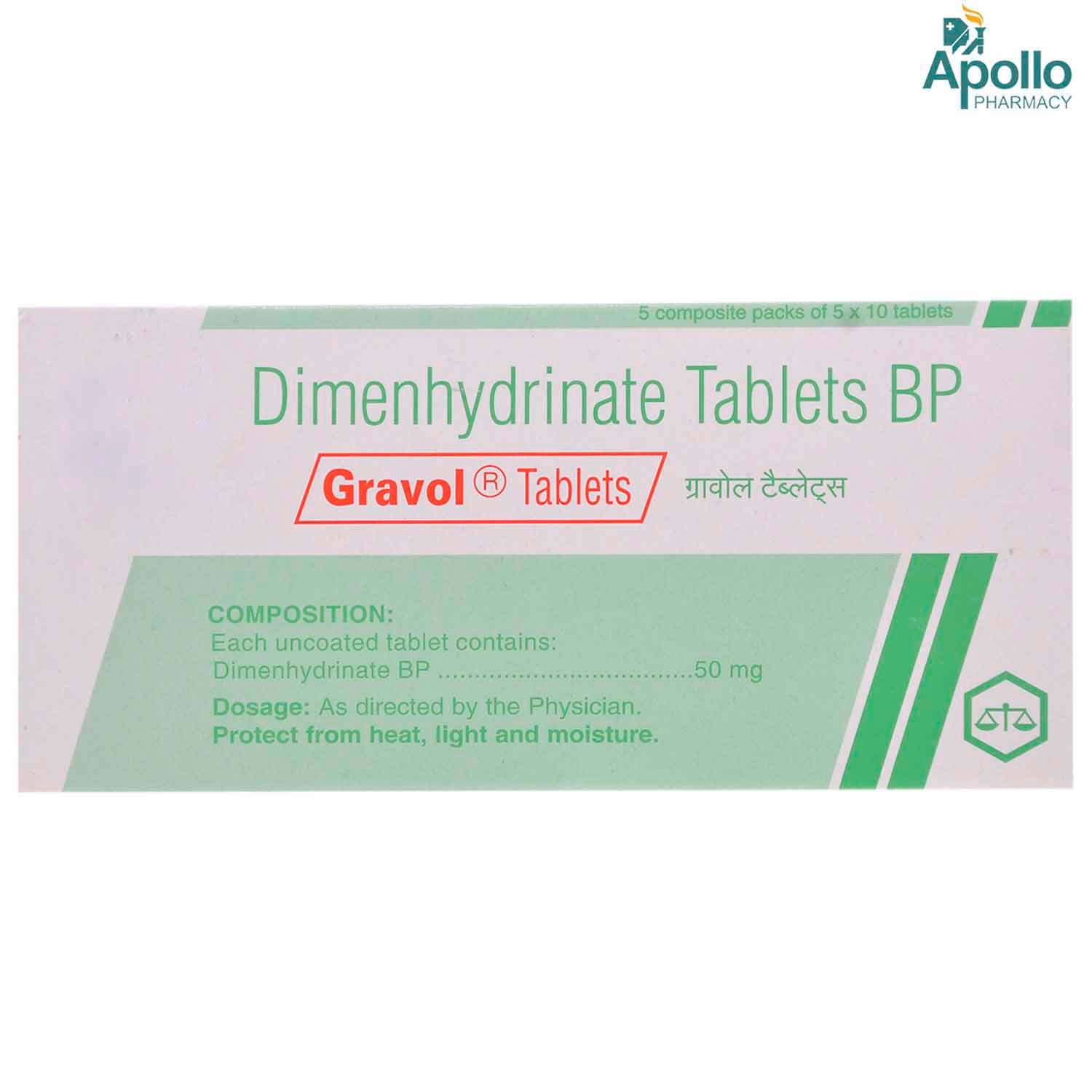 RX
RXGravol Tablet 10's
₹39.50
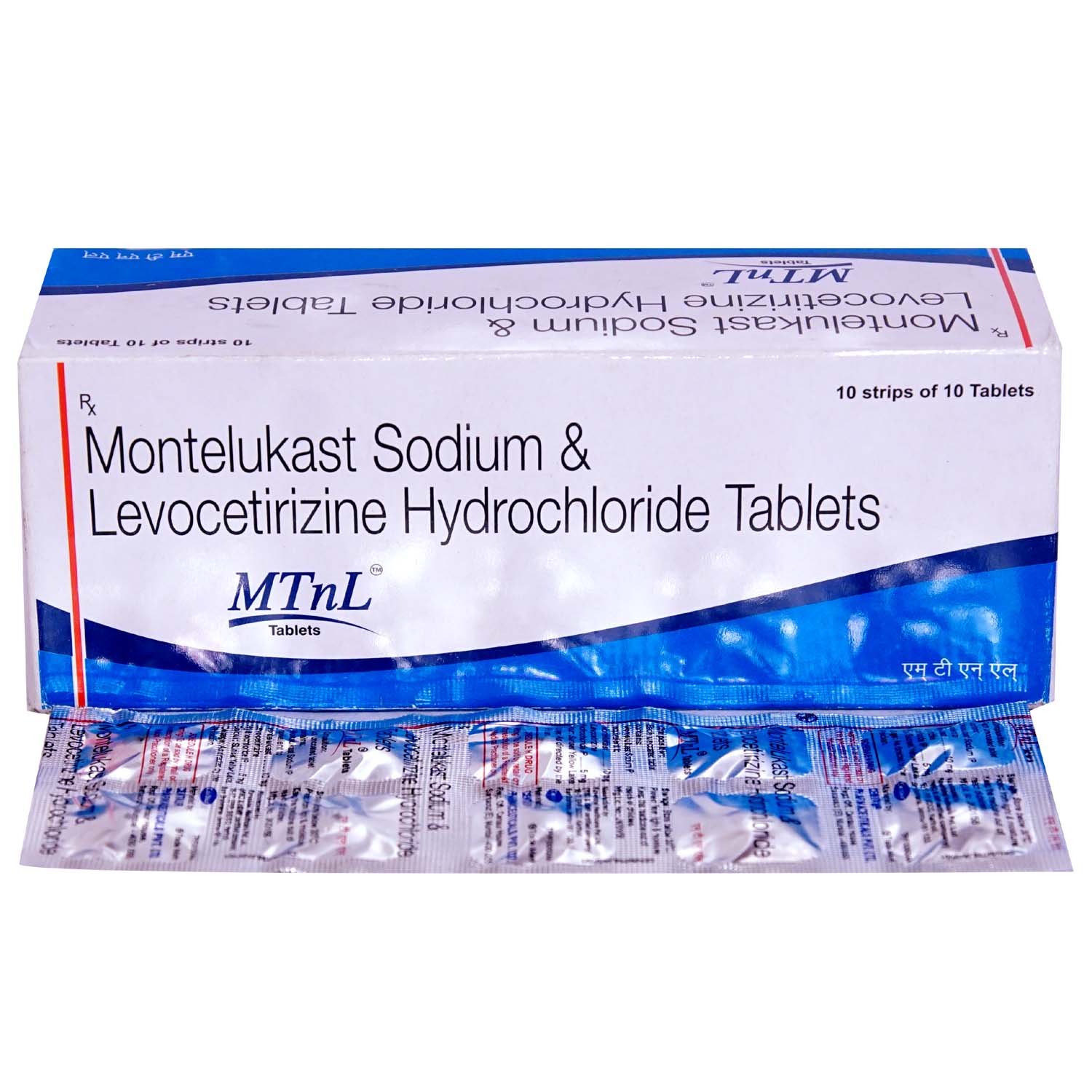 RX
RXMTnL Tablet 10's
₹226
 RX
RXDrownil 40 Tablet 10's
₹134.50
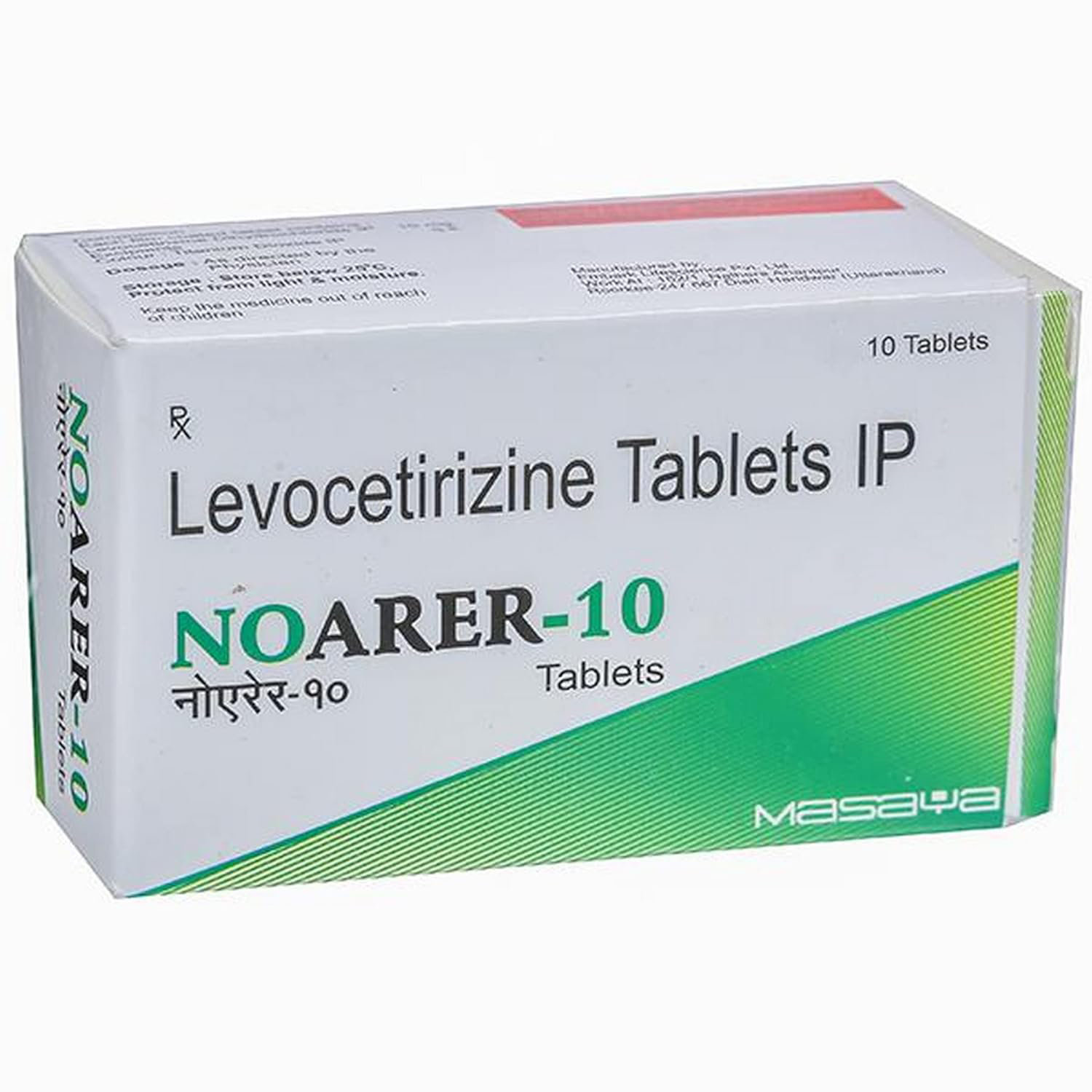 RX
RXNoarer-10 Tablet 10's
₹169.50
Medicine For Sinus Cold
Sinus colds, also known as sinusitis or a sinus infection, are a common ailment affecting millions of people every year. A sinus cold occurs when the sinuses, which are air-filled cavities in the skull, become inflamed and blocked due to viral or bacterial infections, allergies, or other factors. This condition can cause symptoms such as nasal congestion, facial pain, headache, post-nasal drip, and a runny nose, making it uncomfortable and disruptive to daily life. While most sinus colds resolve on their own within a week or two, proper medication can help manage symptoms, speed up recovery, and prevent complications.
Types of Medicine for Sinus Cold
Various types of medications are used to manage and treat sinus colds, aiming to relieve symptoms, reduce inflammation, and address the underlying infection. Here are the primary types of medicine for sinus colds:
1. Decongestants
Decongestants help reduce swelling and congestion in the nasal passages, making it easier to breathe. They work by narrowing the blood vessels in the nasal lining, which decreases mucus production and reduces swelling. Examples include pseudoephedrine and phenylephrine. These are available as oral tablets, nasal sprays, and liquid drops.
2. Antihistamines
Antihistamines are used to relieve symptoms related to allergies that can contribute to sinus colds. They work by blocking the release of histamine, a substance in the body that causes allergic reactions. Examples include cetirizine, loratadine, and diphenhydramine. These are available as oral tablets, capsules, and liquid.
3. Nasal Corticosteroids
Nasal corticosteroids are anti-inflammatory medications that help reduce inflammation in the nasal passages. They are effective in relieving symptoms of sinus colds and preventing recurrence. Examples include fluticasone, mometasone, and budesonide. These are available as nasal sprays.
4. Antibiotics
Antibiotics are prescribed when a bacterial infection is suspected to be the cause of a sinus cold. They work by killing or inhibiting the growth of bacteria responsible for the infection. Examples include amoxicillin, doxycycline, and azithromycin. These are available as oral tablets, capsules, and liquid.
5. Pain Relievers
Pain relievers help alleviate pain and discomfort associated with sinus colds, such as headaches and facial pain. They also help reduce fever if present. Examples include acetaminophen, ibuprofen, and naproxen. These are available as oral tablets, capsules, and liquid.
6. Saline Nasal Sprays
Saline nasal sprays help moisten the nasal passages and thin mucus, making it easier to clear nasal congestion. They are a non-medicated option that can be used alongside other treatments. Examples include saline solution. These are available as nasal sprays.
7. Expectorants
Expectorants help thin and loosen mucus, making it easier to cough up and clear from the respiratory tract. They are useful in managing symptoms of sinus cold that involve thick mucus. Examples include guaifenesin. These are available as oral tablets, capsules, and liquid.
Benefits of Using Medicine for Sinus Cold
Using medicine for a sinus cold can provide several key benefits to help manage symptoms and speed up recovery:
- Relieves Nasal Congestion: Decongestants help reduce swelling in the nasal passages, making it easier to breathe and alleviating sinus pressure.
- Alleviates Pain and Pressure: Pain relievers reduce sinus-related pain and headaches, providing relief from the discomfort caused by blocked sinuses.
- Reduces Inflammation: Corticosteroids help reduce inflammation in the nasal passages, promoting better airflow and faster healing.
Manages Allergy Symptoms: Antihistamines can relieve sneezing, runny nose, and itchy eyes when allergies are the cause of the sinus cold. - Stops Persistent Coughing: Cough suppressants and expectorants reduce coughing by either suppressing the urge or thinning mucus for easier expulsion.
- Prevents Complications: Antibiotics may be prescribed for bacterial sinus infections, preventing complications and promoting recovery.
- Improves Sleep: Medicines like decongestants and pain relievers help alleviate symptoms that interfere with sleep, allowing for better rest during recovery.
Dosage & Usage Instructions of Medicine for Sinus Cold
When treating a sinus cold, it's important to follow the dosage and usage instructions for each type of medication to ensure effective relief and minimise the risk of side effects. Here are general guidelines for the most common medicine for sinus colds:
1. Decongestants
Decongestants help reduce nasal congestion by narrowing blood vessels in the nasal passages. They are available in various forms, including oral tablets, nasal sprays, and liquid drops.
- Oral Tablets: Typically taken every 4 to 6 hours as needed. Do not exceed the recommended daily dosage.
- Nasal Sprays: Usually used 2 to 3 times a day. Avoid using it for more than 3 consecutive days to prevent rebound congestion.
Liquid Drops: Follow the instructions on the label or as prescribed by a healthcare provider.
2. Antihistamines
Antihistamines relieve allergy-related symptoms such as sneezing, itching, and runny nose. They are available as oral tablets, capsules, and liquid.
- Oral Tablets/Capsules: Typically taken once or twice daily, depending on the specific medication. Follow the recommended dosage on the label.
- Liquid: Measure the dose using the provided measuring device and take as directed.
3. Nasal Corticosteroids
Nasal corticosteroids reduce inflammation in the nasal passages and sinuses. They are available as nasal sprays.
- Nasal Sprays: Usually used once or twice daily. Shake the bottle well before use and follow the instructions on the label for proper administration.
4. Antibiotics
Antibiotics are prescribed for bacterial sinus infections. They are available as oral tablets, capsules, and liquid.
- Oral Tablets/Capsules: Typically taken once or twice daily for a course of 7 to 14 days. Complete the full course of antibiotics as prescribed, even if symptoms improve.
- Liquid: Measure the dose using the provided measuring device and take as directed. Complete the full course as prescribed.
5. Pain Relievers
Pain relievers help alleviate headaches, facial pain, and discomfort associated with sinus colds. They are available as oral tablets, capsules, and liquid.
- Oral Tablets/Capsules: Typically taken every 4 to 6 hours as needed. Do not exceed the recommended daily dosage.
- Liquid: Measure the dose using the provided measuring device and take as directed.
6. Saline Nasal Sprays
Saline nasal sprays moisten the nasal passages and thin mucus, making it easier to clear congestion. They are available as nasal sprays.
- Nasal Sprays: Can be used multiple times a day as needed. Follow the instructions on the label for proper administration.
7. Expectorants
Expectorants help thin and loosen mucus, making it easier to cough up and clear from the respiratory tract. They are available as oral tablets, capsules, and liquid.
- Oral Tablets/Capsules: Typically taken every 4 to 6 hours as needed. Follow the recommended dosage on the label.
- Liquid: Measure the dose using the provided measuring cap and take as directed.
Where Can You Order Medicine for Sinus Colds Online?
You can easily order medicines for a sinus cold from Apollo 24|7 through their website or mobile app. Apollo 24|7 offers a variety of treatments, including decongestants, antihistamines, pain relievers, and nasal sprays, to help manage and treat sinus cold symptoms. With trusted brands and reliable delivery, you can have your medicines conveniently delivered right to your doorstep. Additionally, the platform allows you to book doctor appointments and lab tests, ensuring a comprehensive healthcare experience. Whether you need a prescription or personalised advice, Apollo 24|7 provides easy access to the medications and services you need for effective sinus cold treatment.
Frequently asked questions
The best medicines for a sinus cold include decongestants, antihistamines, pain relievers, and saline nasal sprays. Decongestants help reduce nasal congestion, antihistamines relieve allergy-related symptoms, pain relievers alleviate sinus pressure, and saline sprays help clear mucus and moisturise nasal passages.
Antibiotics are generally not needed for a sinus cold, as most sinus infections are viral. Antibiotics are only prescribed if a bacterial infection is confirmed. It's important to consult a healthcare provider before taking antibiotics for a sinus cold.
Decongestants should not be used for more than 3-5 days, especially nasal sprays. Prolonged use can lead to rebound congestion, where your symptoms worsen after stopping the medication. Always follow the recommended usage and consult a doctor if you need longer treatment.
Many sinus cold medicines, such as decongestants, antihistamines, and pain relievers, are available over the counter and do not require a prescription. However, for more specific treatments like antibiotics or corticosteroids, you may need a prescription from a healthcare provider.
To prevent sinus colds from recurring, practice good hygiene by washing your hands regularly, avoiding exposure to allergens, staying hydrated, using a humidifier, and avoiding smoking or exposure to secondhand smoke. Regularly using saline nasal sprays or rinses can also help keep your nasal passages clear and reduce the risk of infections.


